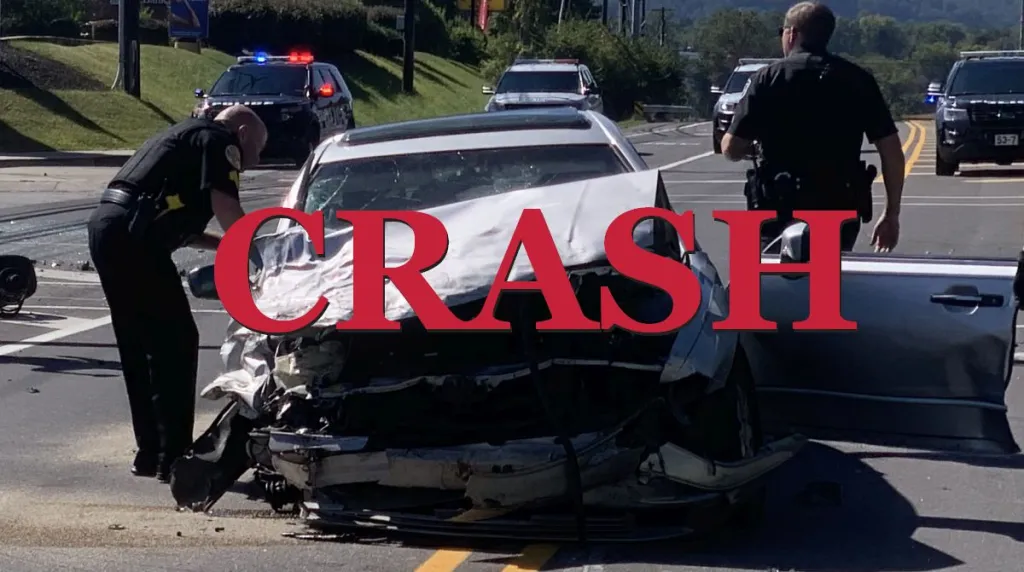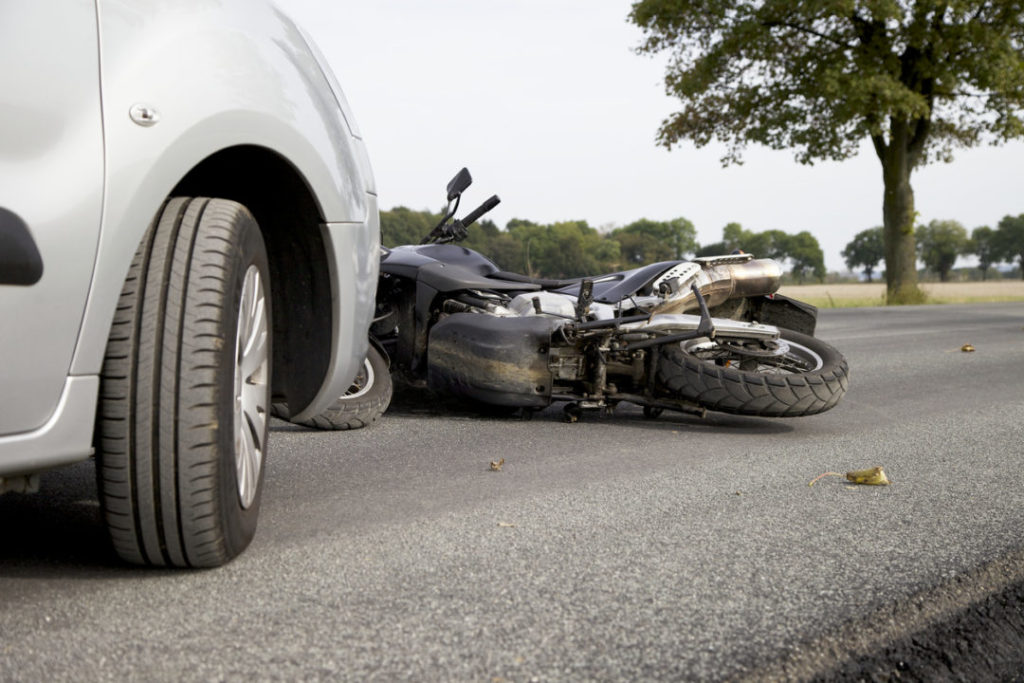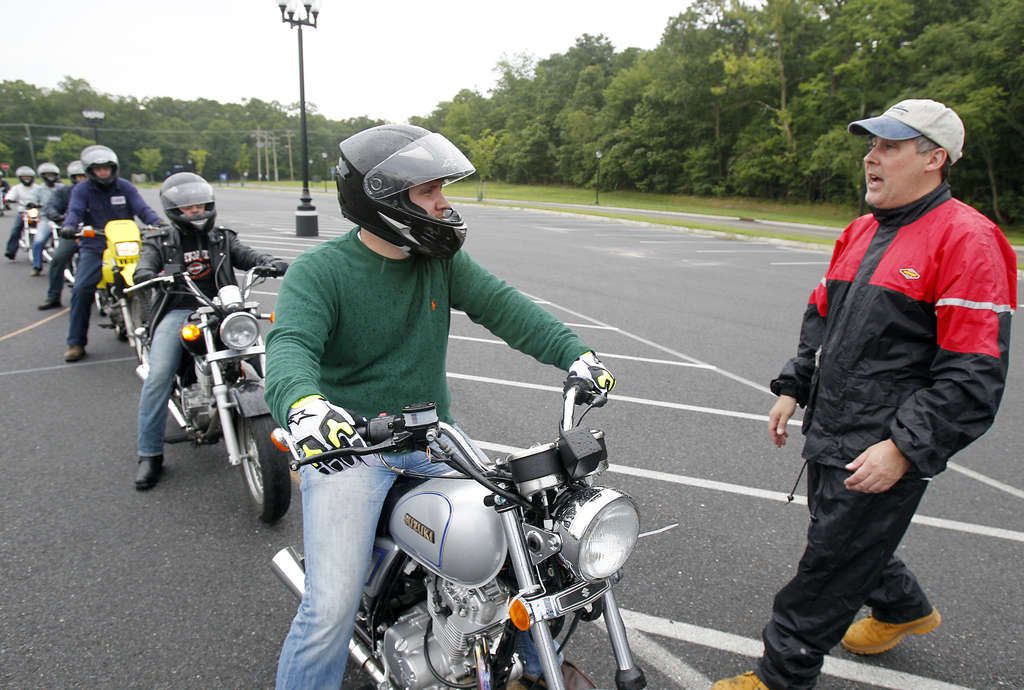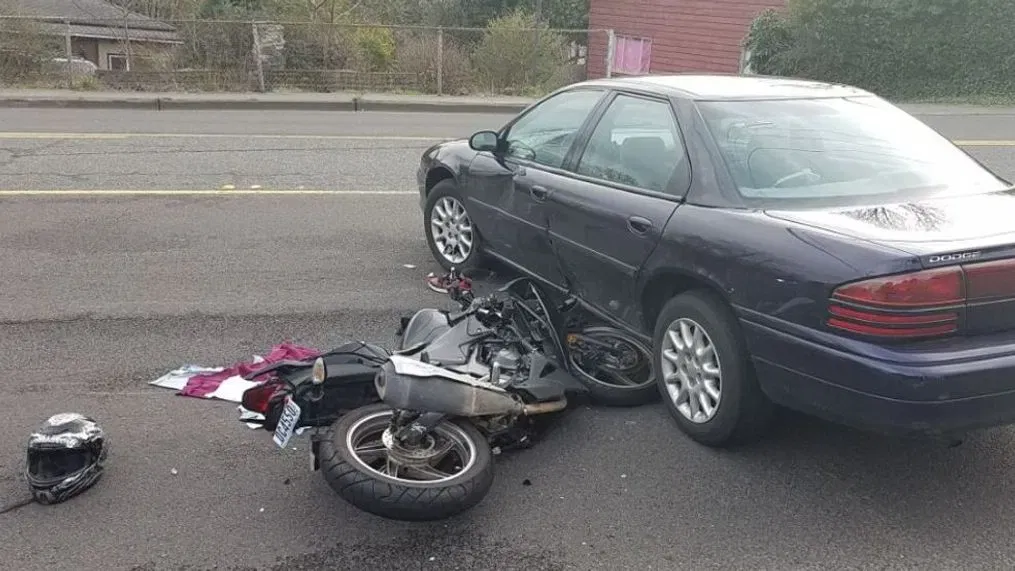Michigan State Police say the rider wasn’t wearing a helmet. ST. JOSEPH COUNTY, Mich. — On Saturday afternoon, MSP Marshall Post troopers responded to the scene of a motorcycle accident at M66 and Jacksonburg Road in St. Joseph County.
Accident Details: A single-vehicle motorcycle crashed on M66 traveling Northbound at high speed when it crashed.
Witnesses at the scene reported to MSP that the rider had lost control of her motorcycle, crossed over its centerline, and was thrown from it as soon as it left the roadway.
Air Care flew the rider, who had sustained severe injuries, to Bronson Hospital in Kalamazoo for treatment.
MSP reports that speed was likely contributing to this incident and noted that the rider wasn’t wearing a helmet at the time.
MSP has requested that anyone who witnessed the accident but did not provide statements to police should contact Michigan State Police Marshall Post at 269-558-0500 with additional details or provide comments for reporting purposes. 1. Importance of Wearing Helmets for Motorcycle Riders
The recent motorcycle accident in St. Joseph County, Michigan, is a compelling reminder of the importance of wearing helmets while riding. Helmets are essential safety gear that can significantly lower risks associated with severe head injuries or fatalities in motorcycle accidents; no matter how thrilling riding may be for some individuals, safety must always remain the top priority for every motorcyclist.
Dangers of Speeding on Two Wheels

Michigan State Police’s preliminary assessment of this crash highlights the dangers associated with speeding on motorcycles. Without protective structures like cars, bike riders are far more vulnerable to severe injuries in an accident. Speeding reduces reaction times while also increasing the force of impact forces – both factors make it more challenging to maintain control over their vehicle.
Impact of Motorcycle accidents on healthcare resources
The severe injuries sustained in this motorcycle crash, necessitating air transport to a specialty hospital, indicate how devastating motorcycle accidents can be to healthcare resources. Trauma centers must be equipped to respond swiftly and efficiently when these cases arise.
Investigative Witnesses in Accident Investigations
Eyewitness accounts are pivotal in accident investigations, providing authorities with vital insight into what led to a collision. Their testimony can shed light on factors like road conditions, weather, and the actions taken by involved parties.
Promote Motorcycle safety education programs
There should be a concerted effort to promote motorcycle safety education to reduce motorcycle accidents. With proper training and awareness programs, riders will gain the skills to navigate various road conditions safely while remaining alert to potential risks.
Maintaining Road Safety

Although speed was likely a contributing factor in this accident, questions must also be raised regarding road conditions and any potential safety hazards contributing to his loss of control. Regular road maintenance and identifying potential dangers are essential to avoid accidents and save lives.
Encouraging Bystander Assistance
Bystander assistance can make an enormous difference to the outcome of accidents, so anyone witnessing crashes should be encouraged to provide immediate aid if they have received proper training. Basic first-aid knowledge may come in handy while waiting for professional medical assistance to arrive.
Impact on Family and Community
Motorcycle accidents have lasting impacts on both their family and the local community. Loved ones may experience emotional and financial strain while the community grieves their loss or hopes for a full recovery. Raising awareness about motorcycle safety may help mitigate some of these effects.
Legal Consequences of Not Wearing a Helmet
Motorcycle riders in states where helmet laws exist should familiarize themselves with their state’s helmet regulations and ensure compliance to avoid fines or legal complications in case of an accident.
Confronting Perception of Risk

Some motorcyclists may underestimate the risks associated with riding without a helmet or at high speeds, thus misjudging their risks and leading to unsafe riding practices. Raising awareness about these potential repercussions will help change this perception and promote safer practices among motorcyclists.
Community Assistance for Injured Riders
Communities can come together to assist injured riders and their families during difficult times, providing fundraising, emotional support, and advocacy efforts to foster an environment conducive to healing for those impacted by motorcycle accidents.
Promoting Defensive Riding Techniques
Defensive riding techniques can significantly affect motorcyclist safety on the road. Anticipating potential hazards, maintaining a safe following distance, and paying attention to other drivers’ actions are all effective strategies for helping avoid accidents.
How Technology Impacts Motorcycle Safety
Modern motorcycle safety technology such as anti-lock braking systems (ABS) and traction control can significantly enhance a rider’s ability to maintain control during emergencies, so promoting their adoption could improve overall motorcycle safety.
Motorcycle Safety Gear beyond Helmets

Protecting riders during accidents requires more than just helmets; protective gloves, jackets, pants, and boots play an integral part. Encouraging riders to use comprehensive safety gear is integral in minimizing injuries.
Advocating for Safer Roads
Government agencies and community organizations should advocate for safer road infrastructure, with well-marked roads, clear signage, and enhanced visibility reducing the risk of accidents for all road users.
Encouraging Responsible Riding within Motorcycle Clubs
Motorcycle clubs and enthusiast groups are essential in encouraging safe riding practices among their members. By encouraging adherence to safety guidelines and hosting educational events, these groups can instill a safety-first culture within their ranks.
Understanding The Importance Of Motorcycle Insurance for Accidents
Having adequate motorcycle insurance can make a significant difference after an accident, providing essential financial protection against medical costs, property damages, and legal liabilities that might arise for both rider and those involved.
Encouraging Responsible Road Sharing

Respectful road sharing between motorcyclists and other motorists is integral to maintaining road safety. Raising awareness about sharing the road responsibly and avoiding aggressive behaviors will create a safer environment for everyone involved.
Understanding Near Misses
Close calls or near misses on the road should serve as learning experiences for riders. Reflecting upon such incidents can help motorcyclists identify potential dangers and modify their riding styles accordingly.
Assistance in Law Enforcement Efforts
Community members should support law enforcement efforts to enforce traffic laws, such as helmet regulations and speed limits, to create safer roads with fewer motorcycle accidents. Encouraging compliance with such laws could save more lives on our roadways.












